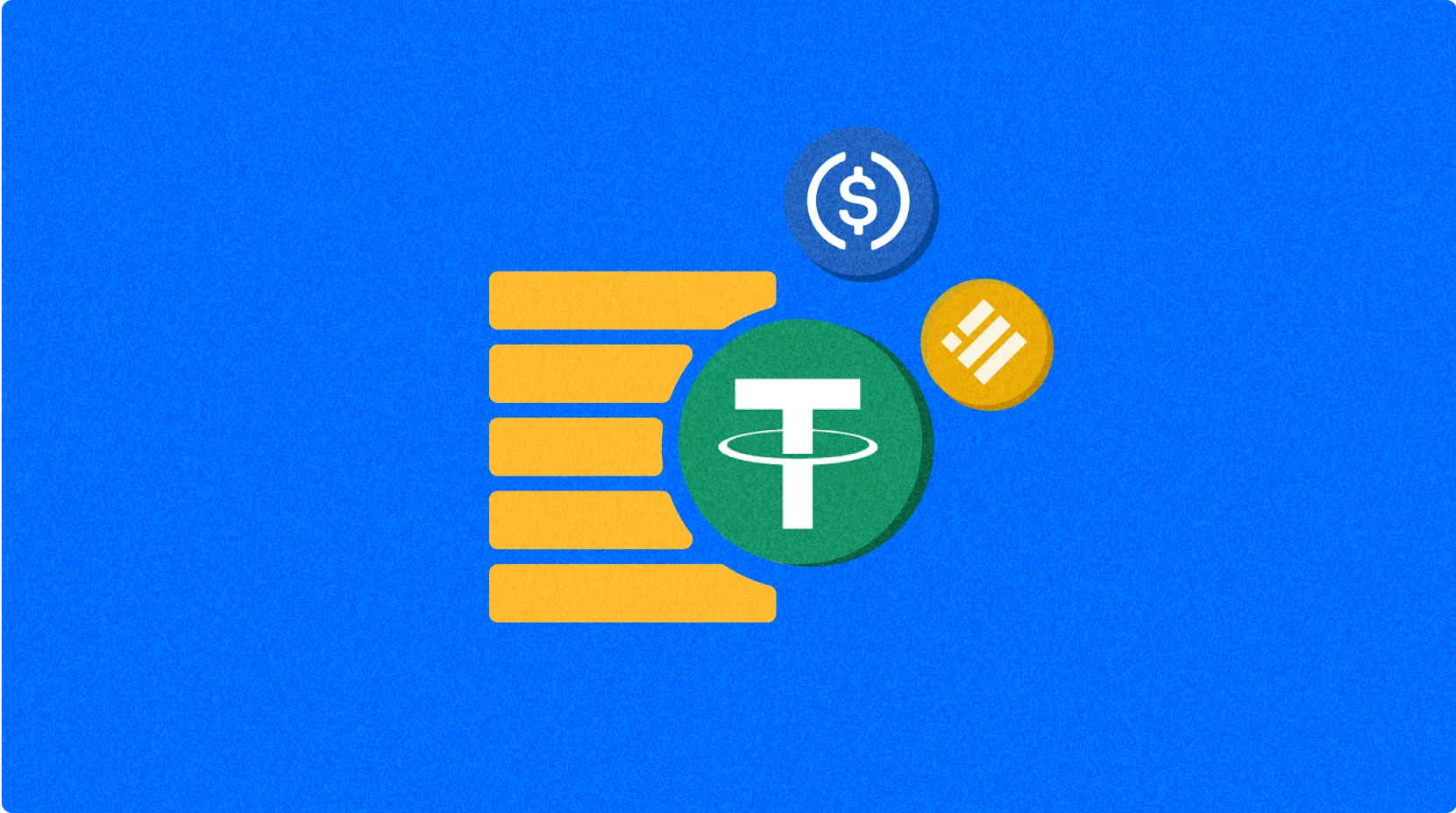LAB Protocol’ün Token Modeli, 2025 yılında kıtlık ve değeri nasıl artırıyor?

LAB'ın deflasyonist modeli: Gelirin %80'i geri alım ve yakım için ayrılıyor
LAB'ın yenilikçi tokenomik modeli, gelirinin %80 gibi yüksek bir oranını geri alım ve token yakımına yönlendirerek deflasyonist bir ekosistem inşa etmeyi amaçlıyor. Bu iddialı yaklaşım, token arzını zaman içinde azaltarak değerini artırmayı hedefliyor. Toplam 1 milyar LAB token arzıyla, proje Token Generation Event (TGE) sırasında yalnızca %3'ünü dolaşıma sokarak temkinli bir başlangıç yaptı. Kıtlık odaklı bu model, LAB'ın üç aylık faaliyetinde 3,5 milyon dolar gelir elde etmesiyle şimdiden güçlü sonuçlar ortaya koydu. Modelin etkisini görebilmek için LAB'ın stratejisini diğer projelerle karşılaştıralım:
| Proje | Geri Alım İçin Gelir Tahsisi | Lansman Dolaşım Arzı |
|---|---|---|
| LAB | %80 | %3 |
| Aave | Haftada 1 milyon dolar | Belirtilmedi |
| Jupiter | Yıllık 1,2 milyar dolar | Belirtilmedi |
LAB'ın 2025 üçüncü çeyreğinde gerçekleştirdiği 76.000 dolarlık yakım işlemi, Jupiter'in büyük geri alım baskısıyla kıyaslandığında az görünebilir; ancak ölçek ve büyüme potansiyeli göz önünde bulundurulmalıdır. Sınırlı arz ve agresif geri alım stratejisi, LAB'ı kripto ekosisteminde değer yakalama konusunda ilgi çekici bir deney haline getiriyor.
Token dağıtımı: 1 milyar toplam arz, %3 ilk dolaşım
LAB token'ın dağıtım stratejisi, özenle planlanan bir tokenomik yaklaşım sergiliyor. Toplam 1 milyar token arzıyla, proje ilk dolaşıma yalnızca %3'lük (30 milyon token) temkinli bir miktar ayırdı. Bu sınırlı ilk sunum, uzun vadeli değer yaratımı ve kontrollü piyasa girişi odaklı. Kalan %97'lik tokenler; topluluk teşvikleri, ekosistem geliştirme ve stratejik rezervler gibi çeşitli kategorilere ayrılmış durumda.
Dağılımı daha net görmek için:
| Kategori | Yüzde | Token Miktarı |
|---|---|---|
| İlk Dolaşım | %3 | 30 milyon |
| Topluluk & Ekosistem | %30 | 300 milyon |
| Rezerve Arz | %67 | 670 milyon |
Bu dağıtım modeli, sektör standartlarıyla uyumlu bir şekilde anlık piyasa ihtiyaçları ile uzun vadeli sürdürülebilirliği dengeliyor. Topluluk ve ekosistem için ayrılan yüksek pay (%30), platform büyümesine ve kullanıcı benimsenmesine verdiği önemi gösteriyor. Büyük rezerve arz (%67) ise gelecekteki projeler ve piyasa istikrarı için esneklik sunuyor. Bu yaklaşım, oynaklığı azaltırken erken katılımcılar ile yatırımcılara yeterli likidite sağlamayı hedefliyor.
Yönetim faydası: Sınırlı organik talep ile standart oy hakkı
LAB'ın yönetim yapısı, standart oy hakkı sunarken sınırlı organik talep nedeniyle verimlilikte zorluklar yaşıyor. Bu durum, LAB'ın karar alma süreçlerinde karmaşık bir dinamik yaratıyor. Token sahipleri oy hakkına sahip olsa da, düşük aktif katılım stratejik kararlar üzerindeki etkiyi azaltıyor. Bunu aşağıdaki verilerle görebiliriz:
| Başlık | Yüksek Talep | Sınırlı Talep |
|---|---|---|
| Katılım Oranı | %75 | %25 |
| Teklif Sayısı | Ayda 20 | Ayda 5 |
| Karar Uygulama Süresi | 2 hafta | 6 hafta |
Bu veriler, sınırlı organik talebin yönetim verimliliğini ciddi şekilde etkilediğini gösteriyor. Düşük katılım ve az teklif nedeniyle karar süreçleri yavaşlıyor. Bu nedenle LAB yönetimi, token sahiplerinin ilgisini artırmak ve katılımı teşvik etmek için daha etkili iletişim kanalları ve teşvik mekanizmaları geliştirmeyi değerlendirebilir. Böylece, organik talepteki kısıtlılığa rağmen oy hakkının faydası artırılabilir.
Airdrop stratejisi: %2,5 ayrım erken katılımcılar için yetersiz olabilir
2025 için öngörülen %2,5'lik airdrop ayrımı, LAB'ın stratejisinin erken katılımcıların beklentilerini karşılamayabileceğine işaret ediyor. Sektörde başarılı projeler topluluk airdropları için genellikle daha yüksek oranlar ayırıyor. Örneğin, HYPE'ın 2024 airdrop'u toplam arzının %31'ini dağıtarak kullanıcı katılımı ve piyasa değerini ciddi şekilde artırdı. Bu farkı aşağıdaki tabloda görebilirsiniz:
| Proje | Airdrop Ayrımı | Etki |
|---|---|---|
| LAB (2025) | %2,5 | Yetersiz olabilir |
| HYPE (2024) | %31 | Artan işlem hacmi ve likidite |
Sadece %2,5'lik ayrım, erken katılımcılar için yeterli teşvik sunmayabilir ve projenin güçlü bir kullanıcı tabanı oluşturma ve piyasa ilgisi yaratma kapasitesini sınırlayabilir. Erken katılımcılar, sundukları destek ve aldıkları risk karşılığında yüksek ödüller bekler. Görece küçük bir ayrım, LAB'ın görünürlüğünü ve etkileşimini azaltabilir, piyasa değerinin büyümesini engelleyebilir. Bu riski azaltmak adına LAB, airdrop stratejisini sektörün başarılı örnekleriyle uyumlu hale getirmeyi ve adil dağıtım ile uzun vadeli sürdürülebilirlik arasında denge kurmayı gözden geçirebilir.
SSS
TeslaCoin'in güncel değeri nedir?
20 Ekim 2025 (UTC) itibarıyla bir TeslaCoin'in fiyatı 0,0541031 dolardır. Bu değer mevcut piyasa fiyatını yansıtmaktadır.
Donald Trump kripto parası nedir?
Donald Trump kripto parası, 2025'teki başkanlık öncesinde piyasaya sürülen $TRUMP adlı bir memecoin'dir. Kripto dünyasında önemli ilgi ve tartışmalara yol açmıştır.
Melania Trump coin'in güncel değeri nedir?
20 Ekim 2025 (UTC) itibarıyla Melania Trump coin'in fiyatı 0,1051 dolar olup, son işlemlere göre hafif bir artış göstermiştir.
Kripto dünyasında LAB nedir?
LAB, küresel dijital para borsasına bağlı bir kripto para birimidir. Her kullanıcı seviyesine uygun gelişmiş alım-satım ve staking araçları sunar.

Sign Protocol Nedir ve 15 Milyon Dolar Geliri Nasıl Elde Ediyor?

Topluluk Katılımı ZKC Ekosisteminin Gelişimini Nasıl Hızlandırır?

ASTER’ın ekonomik modelinde token dağıtım mekanizması nasıl işler?

Creditlink (CDL) Token Ekonomisi Modeli Nasıl İşler?

GETA nedir: Doğal Dil İşleme alanında ezber bozan Yapay Zekâ Modelini incelemek

Token Ekonomik Modeli, kripto projelerinde topluluk katılımını nasıl teşvik eder?

Kripto Varlıkların Ücret Yapısını Anlamak: Çekim Ücretlerine Kapsamlı Rehber

Fungible Olmayan Token’lere Giriş

Boğa Piyasasının Temel Özellikleri ve Göstergeleri

Polygon Ağı’nı Web3 cüzdanınızla entegre etmek

ZAR banka hesabınızı kesintisiz işlemler için nasıl bağlayabilirsiniz







